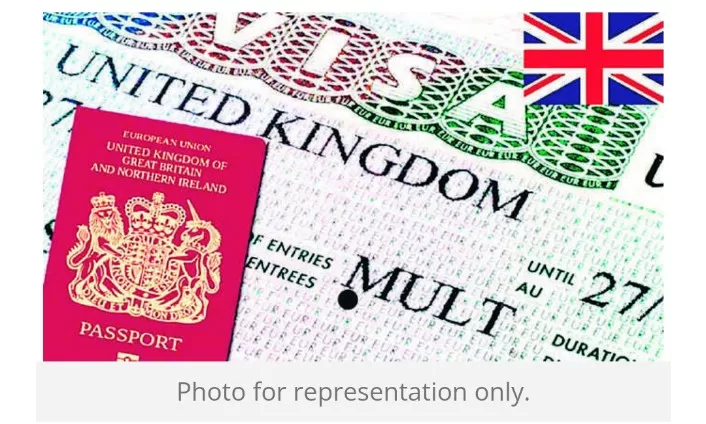London — With the UK government’s imminent ban on dependants entering the country from the start of 2024, education agents are reportedly charging Indian students exorbitant fees to secure spots in UK universities.
Prime Minister Rishi Sunak had announced the ban earlier this year, primarily targeting family members not enrolled in “high-value” degree programs. The decision came as a response to a substantial increase in the number of family members joining foreign students.
According to The Telegraph newspaper, a couple paid a staggering £30,000 to secure a student visa and a dependant’s visa, allowing them to travel to the UK together.
To meet the demand from students eager to expedite their visa applications before the ban takes effect, some universities have opened up applications in November and December.
The rise in study-related visas for dependants prompted Sunak’s decision, with numbers almost doubling from 80,846 in June 2022 to 154,063 in June 2023. This surge accounted for nearly 24% of all sponsored study-related visas.
In response to the impending ban, some individuals have resorted to unconventional methods, such as entering into “contract” marriages. One couple engaged in such an arrangement, where the husband funded his wife’s university education in return for her sponsorship of his dependant visa to work in the UK. This unconventional approach cost the couple £30,000, covering tuition, visa, admission fees, and additional expenses.
The report also highlighted instances where students sold assets, such as agricultural land, to pay education agents for admission and dependant visas.
Sahil Bhatia, head of Om Visa, a Punjab-based visa consultancy, reported receiving between 30 and 40 spouse applications daily. Some universities, including BPP in London, Birmingham, and Bedfordshire, are reportedly accepting students in November and December to accommodate this surge in demand.
International students contribute an estimated £35 billion annually to the UK economy, with 490,763 students granted visas last year. The ban on dependants is expected to have a significant impact on the economic contributions from foreign students and their families.







